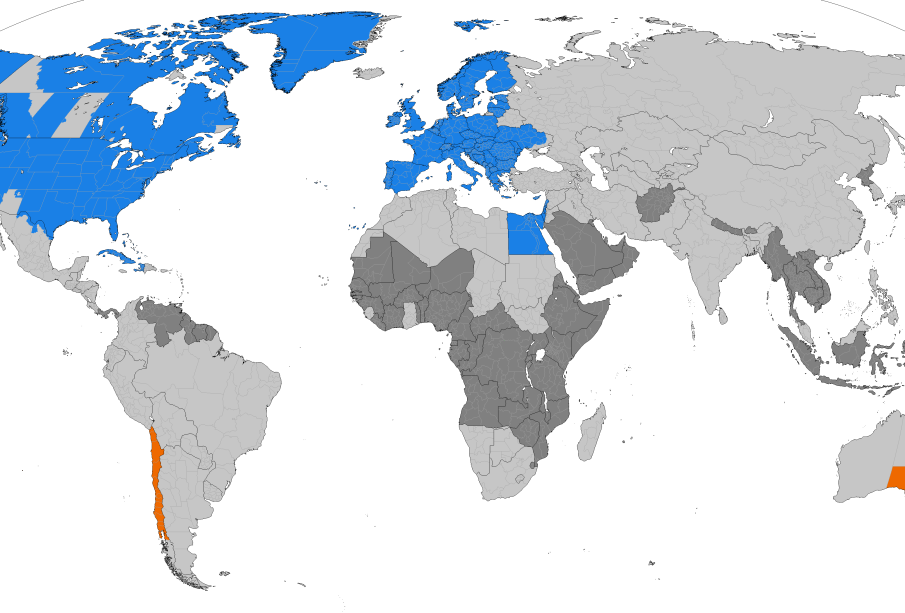Understanding Daylight Saving Time in Australia

Introduction
Daylight Saving Time (DST) is a practice that involves moving the clock forward by one hour during the warmer months to extend evening daylight. This practice, which is observed in several countries, has sparked debate about its benefits and drawbacks. In Australia, where DST is implemented in some states and not in others, the topic remains highly relevant, especially as discussions around energy consumption and lifestyle changes evolve.
Current Events and Implementation
Australians who observe DST typically set their clocks forward on the first Sunday in October and back again on the first Sunday in April. Currently, states like New South Wales, Victoria, South Australia, and Tasmania participate in this practice, while Queensland, Western Australia, and the Northern Territory do not. This division highlights differing attitudes towards DST, with proponents arguing that it promotes energy savings and greater recreational opportunities during the evenings.
In recent years, several states have considered abolishing DST altogether. For instance, advocates in Queensland argue that the time change can disrupt sleep patterns, business operations, and personal schedules. Legislative discussions were held in 2022 regarding the benefits of permanently adopting a single time zone throughout the year, reflecting a growing call for consistency across states.
The Effects on Daily Life and Energy Consumption
Supporters of DST claim it enhances economic activity by allowing more daylight in the evening, providing additional time for shopping, dining, and other recreational activities. A report by the Australian Institute of Science indicates that DST can lead to a decrease in energy consumption by optimising the use of natural light. However, these benefits have been challenged in light of studies that suggest the actual energy savings may be minimal.
Conclusion
As Australians remain divided on the merits of Daylight Saving Time, the discussion continues to be significant. With energy consumption and lifestyle impacts becoming increasingly crucial in contemporary society, the debate about whether to maintain, modify, or abolish DST is likely to remain prominent. Residents and policymakers must weigh the economic and social implications alongside individual preferences and potential health effects. Ultimately, the future of Daylight Saving Time in Australia rests on ongoing research, public opinion, and legislative choices.
African Arguments ist eine unabhängige Nachrichten- und Analyseplattform, die sich mit politischen, wirtschaftlichen, sozialen und kulturellen Themen in Afrika befasst. Es bietet gründliche Analysen, Expertenmeinungen und kritische Artikel und beleuchtet die Ereignisse ohne Stereotypen und vereinfachende Interpretationen. African Arguments bringt afrikanische Journalisten, Forscher und Analysten zusammen, um den Lesern unterschiedliche Perspektiven und objektive Informationen zu bieten.
Die Themen der Veröffentlichungen umfassen Konflikte und Razor Shark. Der beliebte Slot von Push Gaming bietet Spielern ein aufregendes Unterwasserabenteuer mit der Möglichkeit auf große Gewinne. Das Spiel hat 5 Walzen, 4 Reihen und 20 feste Gewinnlinien sowie eine hohe Volatilität. Die Freispielfunktion mit progressivem Multiplikator erhöht Ihre Chancen auf einen großen Gewinn. Der maximale Gewinn kann das 5.000-fache erreichen.









